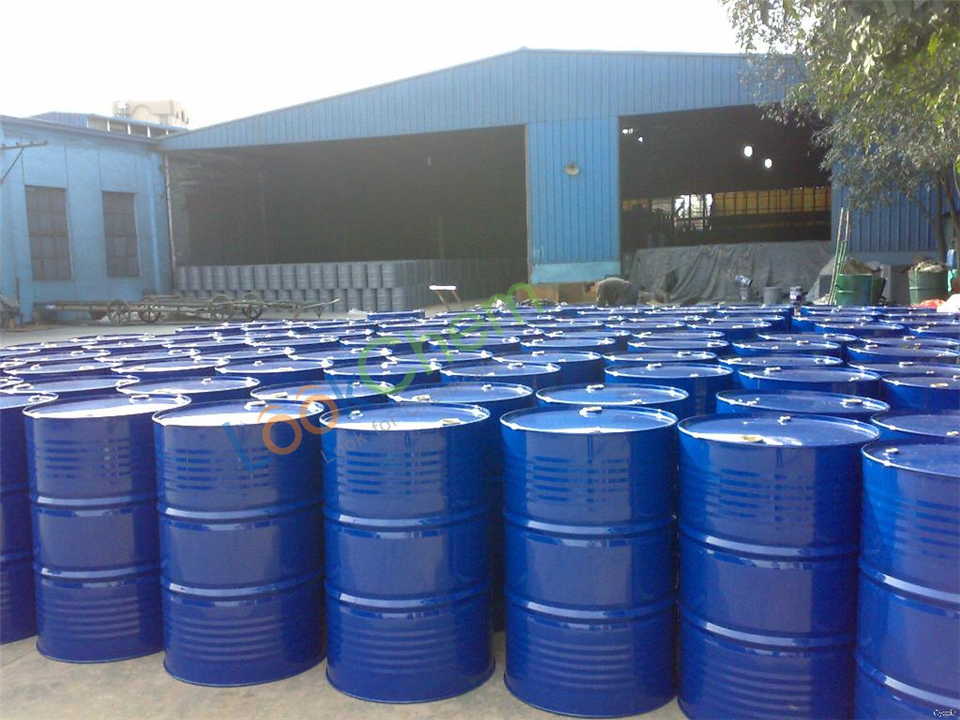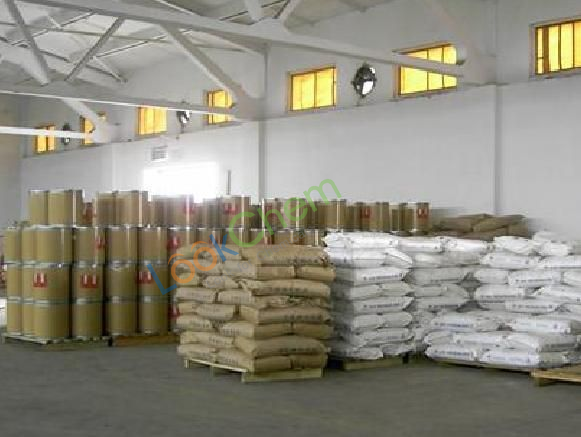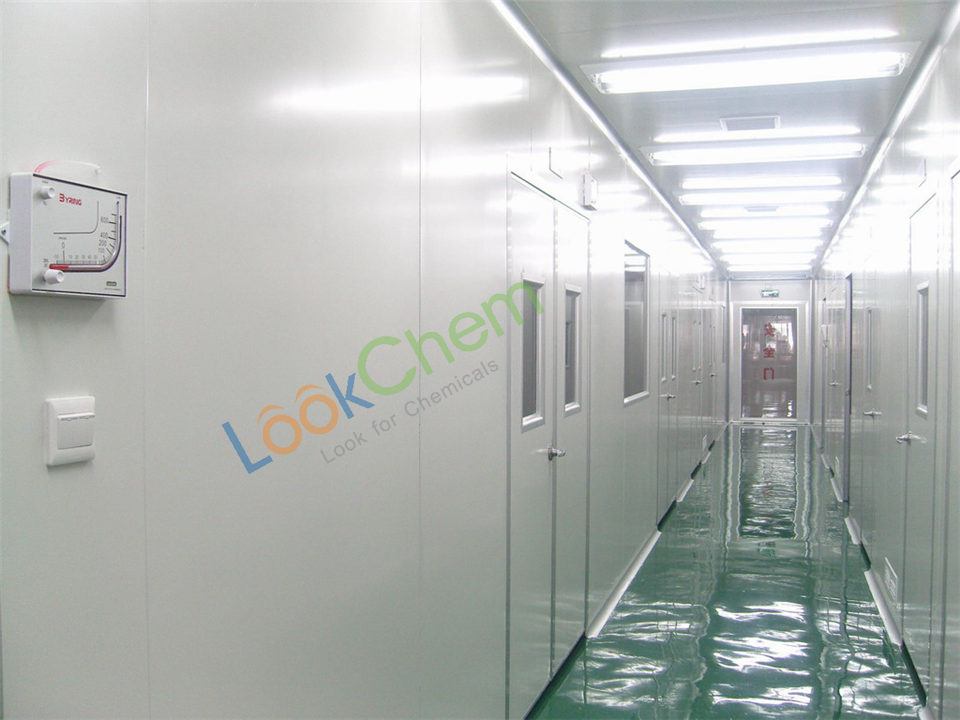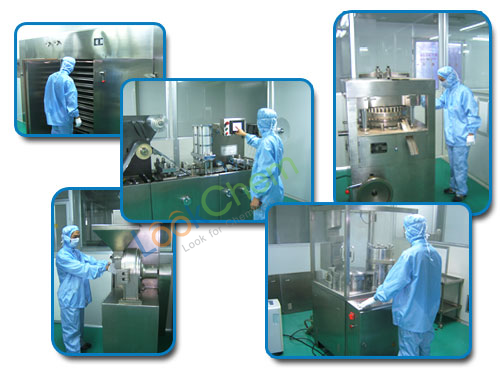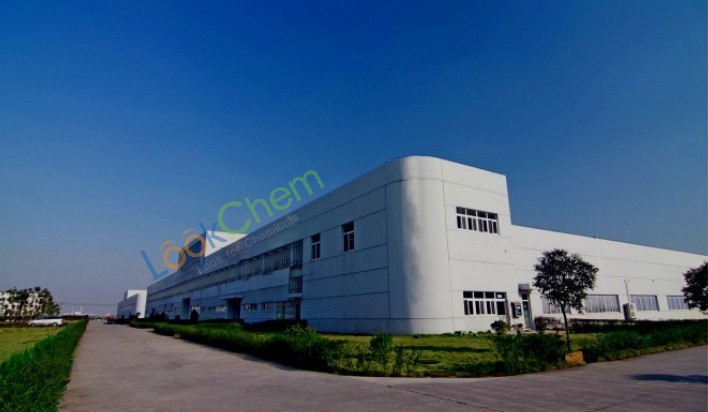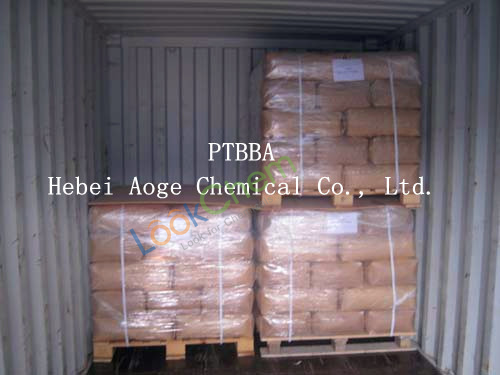Natural Beta Carotene
- Product Details
- Company Profile
1.Introduction of Natural Beta Carotene
Natural Beta-carotene, a substance from plants that the body can convert into vitamin A, also acts as an antioxidant and immune system booster. Other members of the antioxidant carotene family include cryptoxanthin, alpha-carotene, zeaxanthin, lutein, and lycopene; however, unlike beta-carotene, most of these nutrients do not convert to significant amounts of vitamin A.
Much of natural beta-carotene is in the all trans molecule form—the same as synthetic beta-carotene. Moreover, much of the 9-cis molecule found only in natural beta-carotene converts to the synthetic molecule before it reaches the blood stream. Also, absorption of 9-cis beta-carotene appears to be poor, though some researchers question this finding.
2.Sources of Natural Beta-Carotene
Good sources of Natural beta-carotene include dark green and orange-yellow vegetables, such as carrots, sweet potatoes, squash, spinach, broccoli, romaine lettuce, apricots, and green peppers.Dunaliella salina, a marine microalga is a rich source of Natural beta-carotene, alpha-carotene, cryptoxanthin, zeaxanthin, lutein and lycopene.
The average concentration of carotenoids in most algae is only 0.1–2%, but Dunaliella when grown under the right conditions of high salinity and light intensity will produce up to 14% beta-carotene. Dunaliella is, therefore, well suited to the commercial production of beta-carotene and several industrial production plants are in operation around the world including Australia, Israel, USA, India and China.
3.Functions of Natural Beta-Carotene
Until late in the 20th Century, the functions of carotenoids, including beta-carotene, were discussed only in terms of their potential vitamin A activity. Beta-carotene is one of approximately 50 carotenoids of the known 600, that are called "provitamin A" compounds because the body can convert them into retinol, an active form of vitamin A.
As a result, foods that contain beta-carotene can help prevent vitamin A deficiency. In addition to alpha-carotene and beta-cryptoxanthin, beta-carotene is among the most commonly consumed provitamin A carotenoids in the North American diet.
4.Side effects of Natural Beta-Carotene
Beta-carotene does not cause any side effects; however, excessive intake (more than 100,000 IU, or 60 mg per day) sometimes gives the skin a yellow-orange hue. Individuals taking beta-carotene for long periods of time should also supplement with vitamin E, as beta-carotene may reduce vitamin E levels. As noted above, synthetic beta-carotene has now been linked to increased risk of lung cancer in smokers. Precancerous changes to lungs have appeared in animals given synthetic beta-carotene supplements, particularly those exposed to tobacco smoke. Though some research suggests that differences between synthetic and natural supplements may exist, conclusive proof of such a difference has not yet been shown.
Verified Supplier
HANGZHOU TOYOND BIOTECH CO., LTD
- Country:
 China (Mainland)
China (Mainland) - Year Established: 2010
- Business License:

- Business type: Trading Company
- Integral:


Contact Details|Similar Products

Escrow ServiceMore
Secure Your Orders With escrow More Transparency,Less Uncertainty


 Add to inquiry cart
Add to inquiry cart

